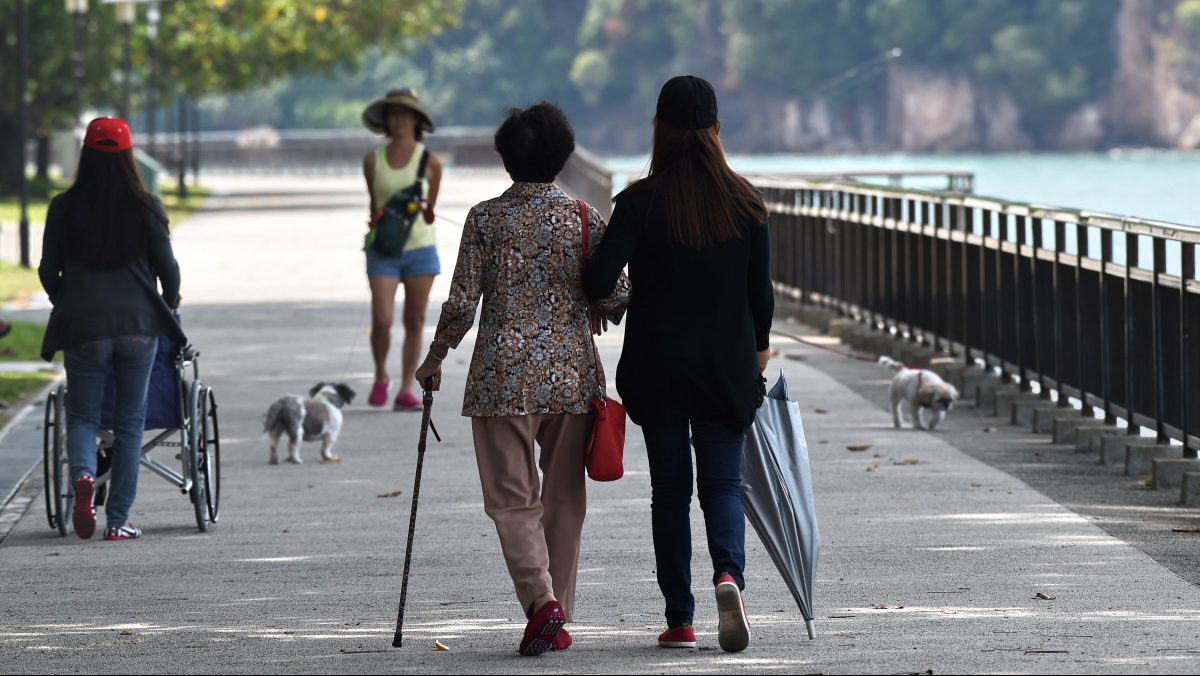According to a survey, the answer is yes, but when assessing their living conditions, the results painted a more varied picture
SINGAPORE: A recent survey conducted by Mediacorp channels has shed light on the living conditions and economic well-being of Singapore’s elderly population. The survey, which involved more than 1,000 seniors, uncovered several significant findings, highlighting disparities in their financial status and living conditions.
According to the survey, more than 90 per cent of the elderly in Singapore reported that they could meet their basic living expenses. This figure indicates that most seniors can afford a reasonable standard of living, covering essential needs such as food, shelter, and healthcare.
However, when assessing their living conditions, the results painted a more varied picture.
Approximately a quarter of the elderly respondents expressed satisfaction, deeming their living conditions “very good.” In contrast, more than half of the surveyed elderly individuals described their living conditions as either “average” or “poor,” revealing a concerning disparity in the perceived quality of life among the elderly population.
Experts believe that innovative solutions may hold the key to narrowing the gap in retirement resources among local seniors and ultimately improving the quality of life for low-income seniors in their later years. The survey underscores the importance of addressing these disparities to ensure all seniors enjoy a comfortable and fulfilling retirement.
A study by the Singapore Management University’s Centre for Research on Successful Ageing (ROSA) uncovered additional insights into the relationship between economic well-being and social happiness among older individuals. The research found that older people with better economic conditions reported a stronger sense of social happiness. Those living in private homes were particularly inclined to express higher social happiness compared to their counterparts residing in one- to three-room HDB flats.
Associate Professor Kalyani from the Department of Gerontology at the Singapore University of Social Sciences emphasized this connection. She told Channel 8, “Older people with better economic status in our country have more resources and are more likely to feel a stronger sense of happiness. However, those whose economic status is in the bottom 20% of seniors have relatively fewer resources, which can lead to challenges such as forgoing essential medical care to save money.”
The MediaCorp survey also revealed that about half of the respondents believed their current financial situation was below the average level. These respondents tended to have lower education levels and lacked other sources of family income, which could have a notable impact on their elder care arrangements.
ROSA director Professor Paulin Straughan highlighted this concern, saying, “One of the issues we are currently concerned about is how to bridge the gap in care services. If you can afford to hire foreign helpers, to some extent, you can build your own ecosystem where all aspects of life are taken care of. The question is what if you don’t have the ability?”
Despite these disparities, the survey also reported that 92 per cent of the elderly people surveyed believed they were able to meet their basic living expenses. This finding indicates a level of financial security among the majority of Singapore’s elderly population but also underscores the need to address the issues faced by the remaining 8 per cent who may be struggling to make ends meet.

